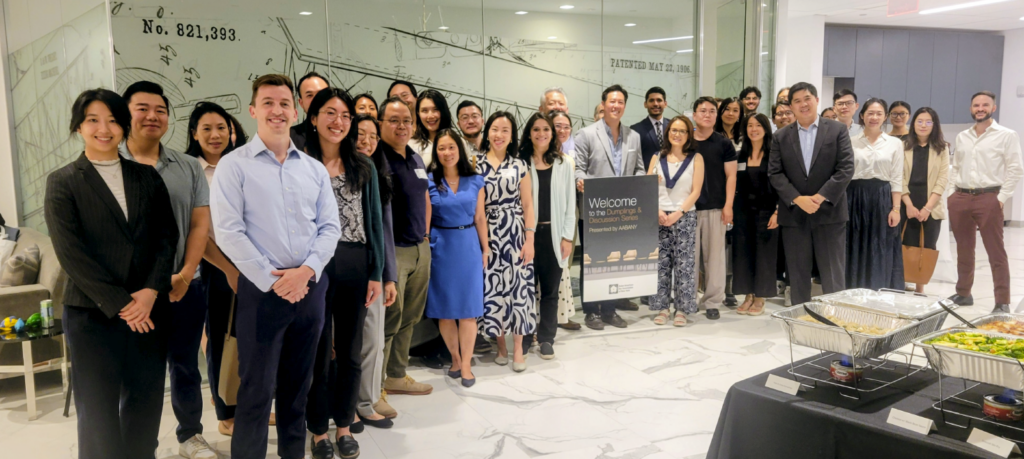$130,000 Investment will build the pipeline of future leaders in our community.
For Immediate Release: June 27, 2022
Contact: Mary Tablante, Associate Strategic Communications & Marketing Director
WASHINGTON – NAPABA and the NAPABA Law Foundation are proud to announce the expansion of the NLF Community Law Fellowship program to include a new two-year fully funded fellowship placement at NAPABA. The Community Law Fellow will work to serve the AA & NHPI community and build NAPABA’s capacity to support the membership’s commitment to public service and advocacy.
“We are excited to offer this opportunity to build the pipeline of Asian American, Native Hawaiian, and Pacific Islander attorneys with expertise and skill to create change in our communities through advocacy and policy,” said NAPABA Acting President A.B. Cruz III. “This fellowship is another example of the ways that NAPABA and NLF, along with our members and supporters, can create an active legal community that is willing, ready, and able to serve.”
Established by a generous gift from Paul W. Lee of Goodwin Procter LLP the NAPABA Law Foundation Partners and In-House Counsel Community Law Fellowship was launched in 2004 to address the need for attorneys working on behalf of the AA & NHPI populations. NAPABA’s support of the program will establish the 12th Fellowship.
“The Community Law Fellowship is one of the premier ways that the NAPABA legal community can make an investment in the future of public service,” said Juliet K. Choi, Chair of the NLF Fellowship and Scholarship Selection Committee and first NLF Community Law Fellow (2004). “We are proud that we can we leverage the power of NAPABA and NLF to serve the Asian American, Native Hawaiian, and Pacific Islander community.”
The NLF Community Law Fellow placement at NAPABA is a two-year fellowship program designed for a recent law school graduate who is interested in pursuing a career in public interest law and policy. The Fellow will directly support NAPABA’s advocacy and policy program with a focus on supporting and leading initiatives within our anti-hate project. The Fellow will also support other NAPABA community engagement programs, educational programs, and legislative advocacy.
We encourage all interested applicants to apply and for others to share this with any prospective candidates.
###
The National Asian Pacific American Bar Association (NAPABA), represents the interests of over 60,000 Asian Pacific American (APA) legal professionals and nearly 90 national, state, and local APA bar associations. NAPABA is a leader in addressing civil rights issues confronting APA communities. Through its national network, NAPABA provides a strong voice for increased diversity of the federal and state judiciaries, advocates for equal opportunity in the workplace, works to eliminate hate crimes and anti-immigrant sentiment and promotes the professional development of people of all backgrounds in the legal profession.




